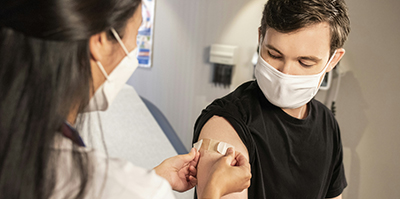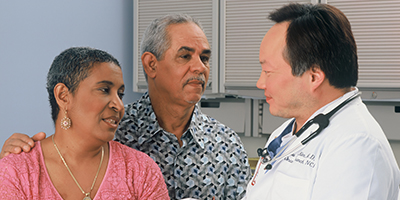-86.png?sfvrsn=6c5dc0b4_0&Width=1150&Height=300&ScaleUp=false&Quality=High&Method=CropCropArguments&Signature=83B23F7E648CEDF49B48DB53346A5ED935A6EBCB)
Projects and Activities
The Office of Community Outreach and Engagement works to bring cancer research and prevention to people and communities across Colorado. Through our projects and activities, we focus on helping people lower their cancer risk, detect cancer early, and get connected to care and support. Our efforts include programs to provide free colorectal cancer screening kits, raise awareness about radon and lung cancer, support people who want to quit tobacco or vaping, promote HPV vaccination, and increase access to cancer screening and clinical trials. Together, these programs help bring cancer prevention and early detection to everyone in our state.









